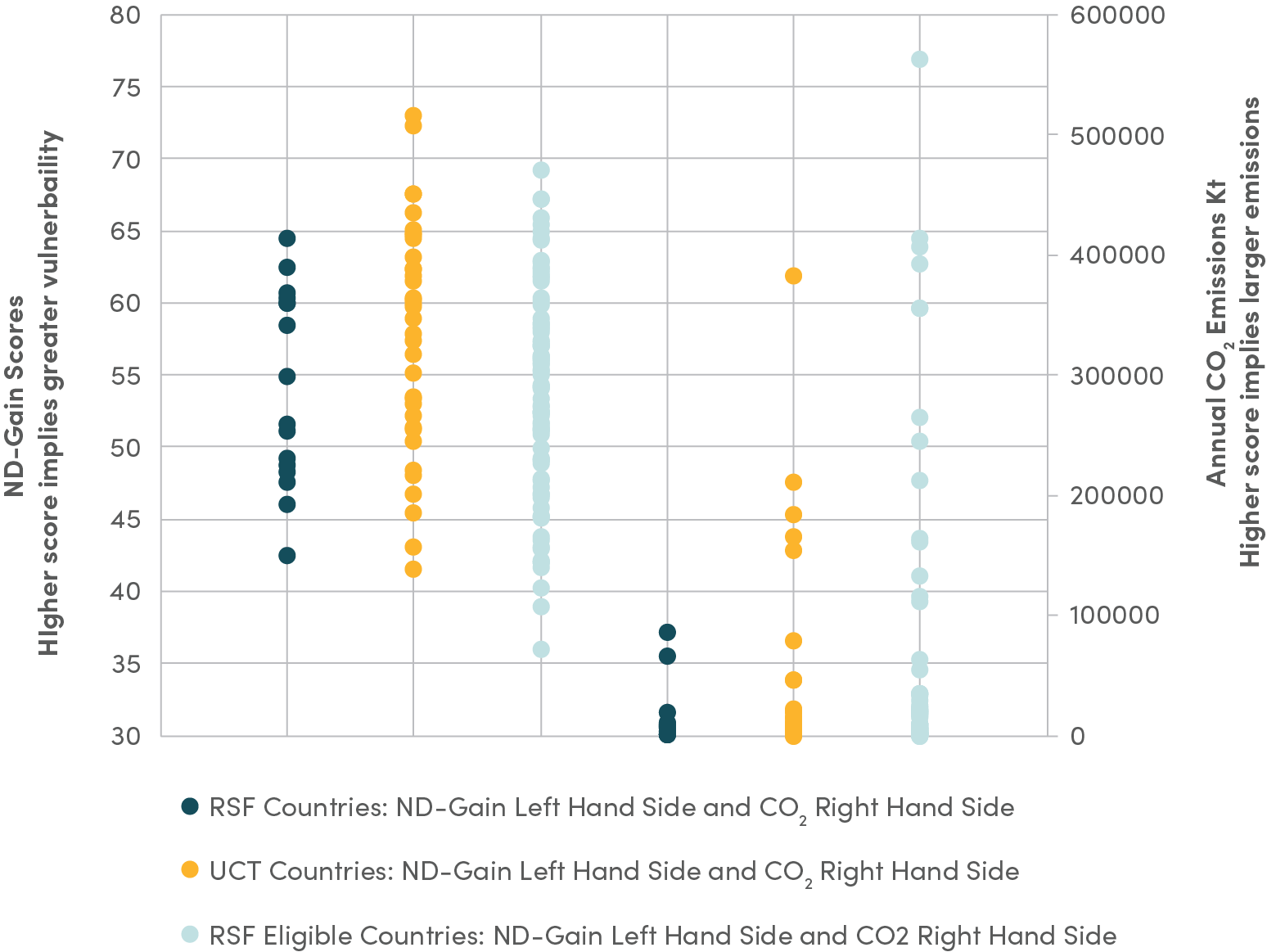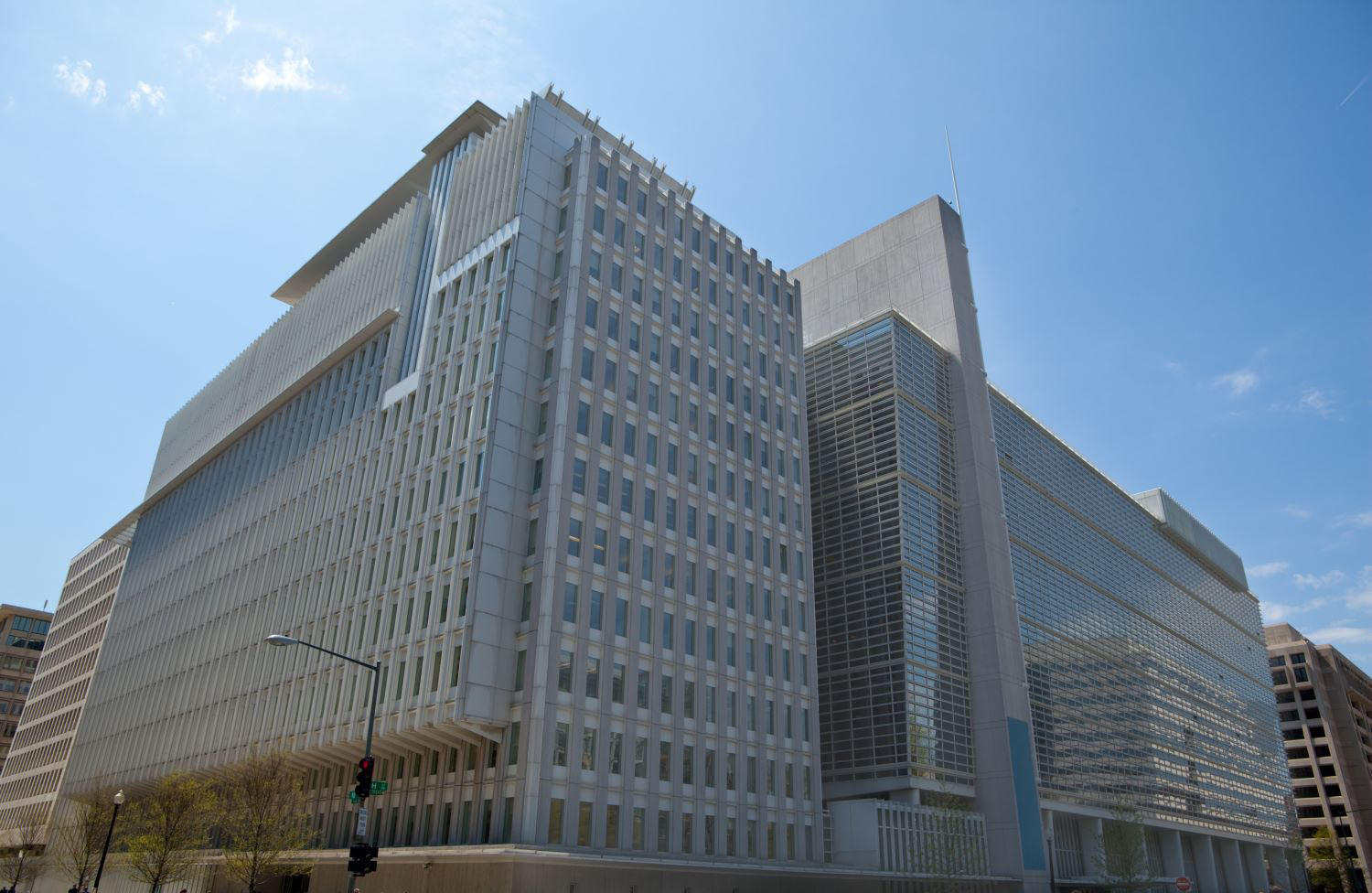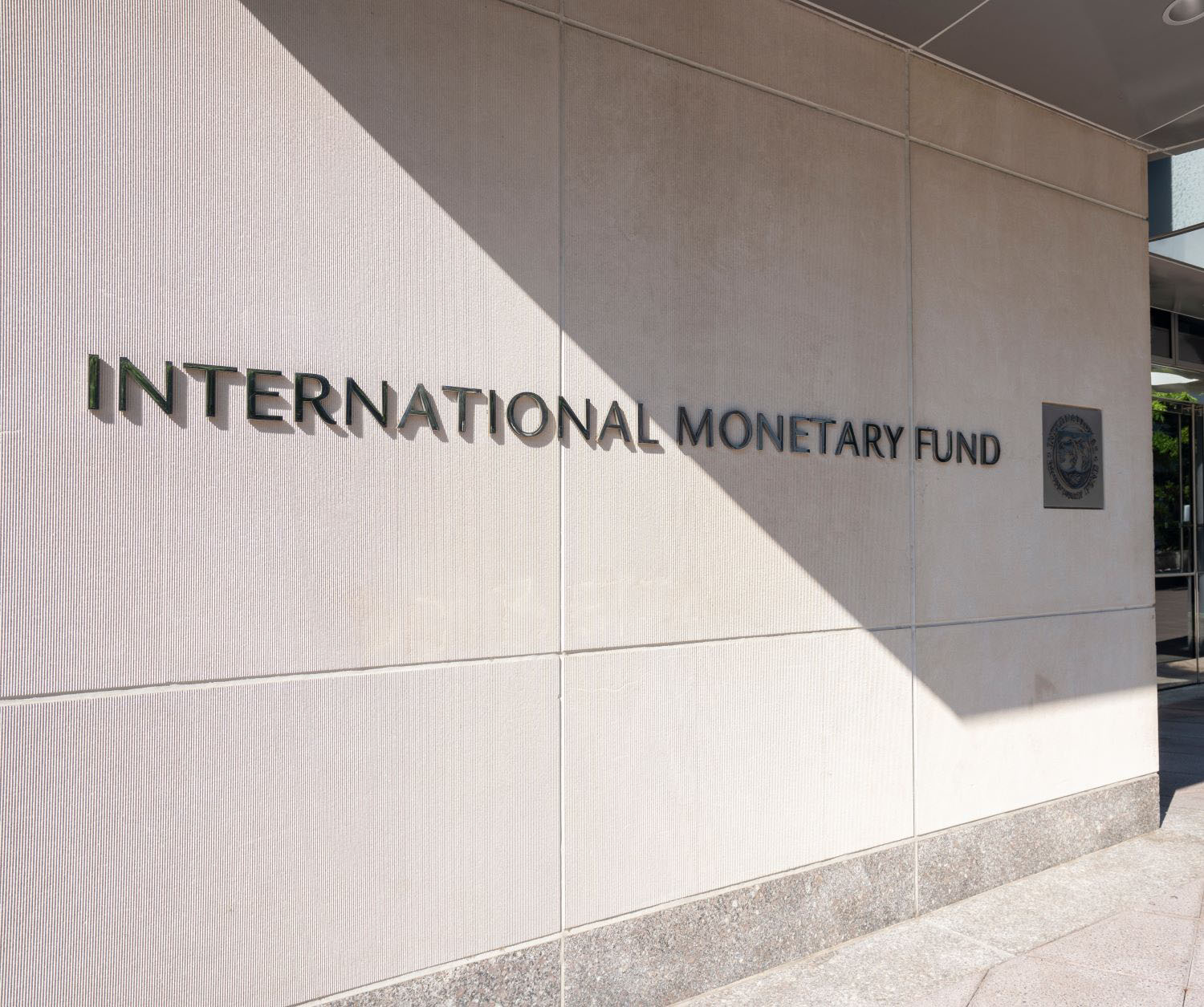With the election of Pedro Pablo Kuczynski (known as PPK) as its new president, Peru is poised to be a major leader in combatting climate change and, in particular, the global effort to preserve tropical forests. He will succeed Ollanta Humala as Peru's president on 28 July.
This is great news for the climate. PPK has already indicated, through a spokesman, that he intends to create a National System for Climate Change (Sistema Nacional de Cambio Climatico) whose goal will be to stimulate economic growth that is sustainable and benefits the environment. He emphasized that seeking ratification in the Congress of Peru’s commitments under the Paris Accord is a high priority.
PPK’s election is especially good news for forests. With more than 68 million hectares of forests, Peru has one of the world’s five largest, most diverse and best-preserved tropical forest areas. In a forthcoming book, Why Forests? Why Now?, CGD researchers Frances Seymour and Jonah Busch explain that forests offer the only completely safe and natural mechanism to capture and store carbon and provide evidence that stopping deforestation and allowing damaged forests to grow back could result in reductions equivalent to as much as 3 percent of current global greenhouse gas emissions.
PPK has long been a proponent and active champion of clean water for all and watershed management to address water shortages from climate related loss of Andean glaciers. During his campaign he proposed a program to reforest the Andean foothills both for watershed protection and climate mitigation. An important initiative of the new government will be the sustainable use of forests and consolidation of the National Program of Forest Conservation to Mitigate Climate Change.
As co-chair, with CGD President Nancy Birdsall, of our working group on accelerating payments to tropical forest countries for their performance in preserving forests, PPK urged the whole world – and especially rich countries -- to pay for the climate services that tropical forests provide. Last December, he and Nancy sent a strong message to negotiators in Paris in support of REDD+ in their opinion piece in the Guardian. Peru already has signed an agreement with Norway and Germany under which the rich countries have agreed to pay up to $300 million for reduced emissions from deforestation, a recognition of the climate service that conservation of Peru’s tropical forests provides to everyone in the world. Under the three countries’ Joint Declaration of Intent, Peru has agreed to increase by at least 5 million hectares the demarcation and titling of lands owned by indigenous peoples. CGD’s Frances Seymour highlighted the importance of the agreement in a blog at the time. We expect that the new president will support and possibly expand these important initiatives.
Following on Peru’s leadership in hosting the Lima climate summit and encouraging forest protection in the Lima Challenge, we look forward under PPK’s leadership to a continuation of Peru’s role as a champion of the global effort to combat climate change and in particular to ambitious actions to protect Peru’s tropical forests.
Dada la elección de Pedro Pablo Kuczynski (conocido como PPK) como el nuevo presidente de Perú, el país se encuentra preparado para ser uno de los líderes en la lucha contra el cambio climático y, particularmente, en el esfuerzo global de preservar los bosques tropicales. PPK sucederá a Ollanta Humala como presidente de Perú el 28 de Julio.
Este evento es una buena noticia para la lucha contra el cambio climático. PPK ya ha señalado que procura que crear el Sistema Nacional de Cambio Climático, cuyo objetivo será el de estimular un crecimiento económico sostenible y beneficioso para el medio ambiente. PPK también señaló que es una prioridad que se ratifiquen los compromisos del Congreso de Perú respecto al Tratado de París.
La elección de PPK es una buena noticia especialmente para la conservación forestal. Con 68 millones de hectáreas de área forestal, Perú posee uno de los cinco bosques tropicales más grandes, diversos y mejor preservados del mundo. En un libro a publicarse, ¿Por qué conservar los bosques? ¿Por qué ahora?, Frances Seymour y Jonah Busch, investigadores principales de CGD, explican que los bosques son el único mecanismo completamente seguro y natural para capturar y almacenar carbono. También muestran evidencia sobre cómo el cesamiento de la deforestación y la permisión para que los bosques vuelvan a crecer podría generar en una reducción de emisión de carbono equivalente al 3 por ciento de las emisiones de gas invernadero en el mundo actuales.
PPK ha sido un defensor de muchos años y activo de la provisión de agua limpia para todos y del manejo de cuencas para abordar el problema de la escasez de agua en los glaciares Andinos. Durante su campaña presidencial, PPK propuso un programa para reforestar las faldas de los Andes para la protección de cuencas hídricas y la mitigación del cambio climático. Una iniciativa importante del nuevo gobierno será el del uso sostenible de las zonas forestales y la consolidación del Programa Nacional de Conservación de Bosques para la Mitigación del Cambio Climático.
Como co-director del Grupo de Trabajo para la aceleración en la implementación de sistema de pagos por resultados para la preservación de bosques, junto con Nancy Birdsall, presidenta de CGD, PPK urgió al mundo entero—particularmente a los países ricos—que se retribuyan los servicios climáticos que los bosques tropicales ofrecen. En diciembre del 2015, PPK y Nancy enviaron un mensaje firme a los negociadores en París respecto al apoyo a REDD+. Perú ya ha firmado un acuerdo con Noruega y Alemania, bajo el cual los países ricos acordaron pagar hasta 300 millones de USD por la reducción de emisiones derivadas de la deforestación. Este fue un reconocimiento al servicio climático que ofrece al mundo la conservación de los bosques tropicales de Perú. Bajo la Declaración Conjunta de Intención de estos tres países, Perú ha acordado incrementar, por lo menos, en 5 millones de hectáreas la demarcación de tierras para las poblaciones indígenas. Frances Seymour resaltó la importancia de este tratado en un blog de CGD. Esperamos que el nuevo presidente apoye y, posiblemente, expanda la importancia de estas iniciativas.
Tomando como ejemplo al liderazgo de Perú para organizar la cumbre del cambio climático en Lima y para incentivar la protección forestal en el Reto de Lima, anhelamos que bajo el dirección de PPK, Perú continúe su rol como defensor del movimiento global de combatir el cambio climático y, en particular, lleve a cabo acciones ambiciosas para la protección de los bosques forestales del país.
Disclaimer
CGD blog posts reflect the views of the authors, drawing on prior research and experience in their areas of expertise. CGD is a nonpartisan, independent organization and does not take institutional positions.





